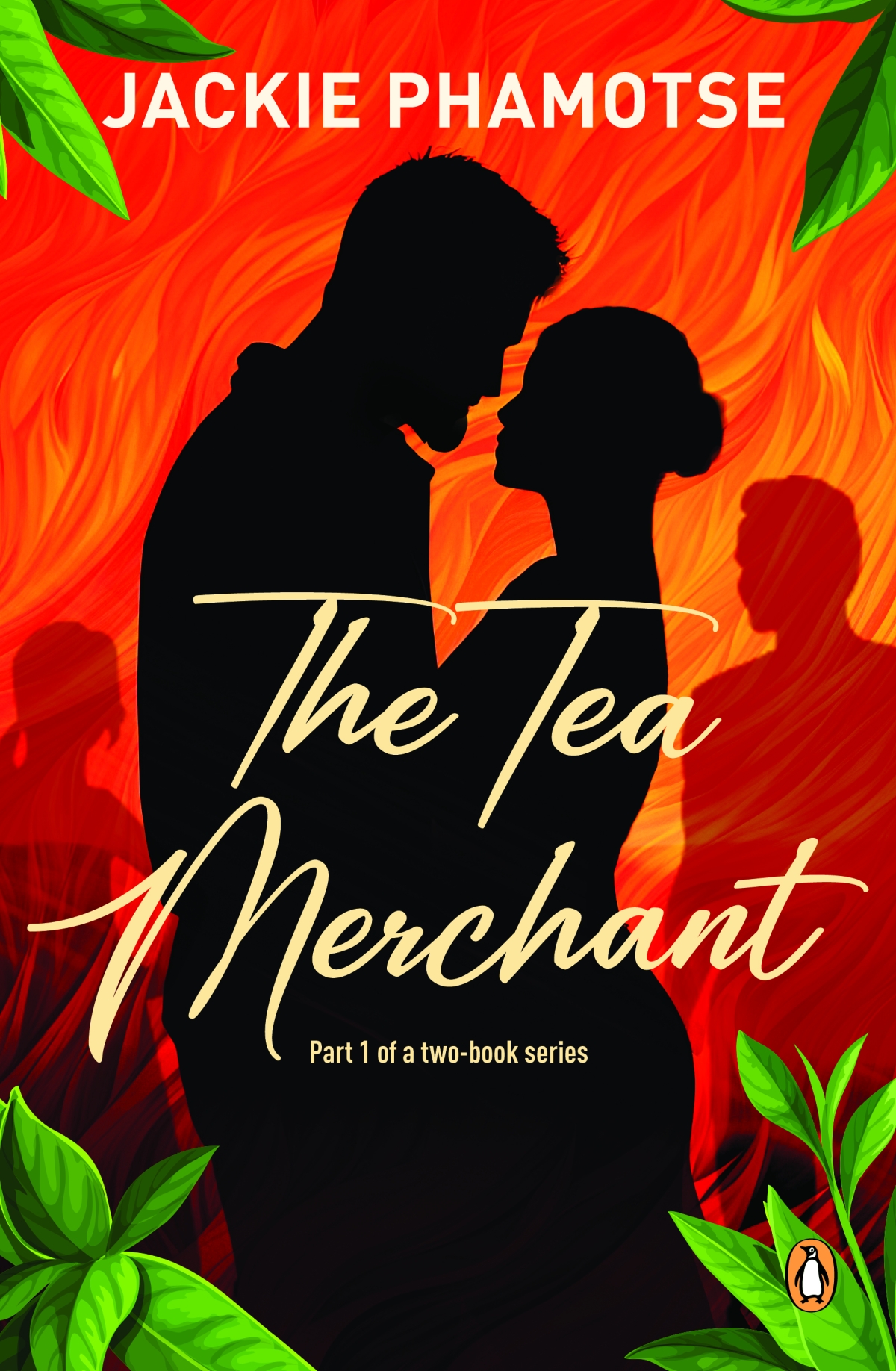Jackie Phamotse is a master storyteller, blending suspense, romance, and social activism into narratives that resonate deeply with readers. Her latest work, The Tea Merchant, follows Cameron Coal as he battles to save his family’s rooibos farm from ruin while grappling with grief, uncovering dark secrets, and navigating a budding romance with a mysterious woman. In this interview, Jackie shares insights into crafting the complex backstory for the enigmatic Luna Parks, the importance of rooibos to South African heritage, and how her passion for social change continues to shape her stories. Get ready for a conversation as rich and layered as her writing.
Indigenous plant rights and rooibos – sounds like a tea party with a twist! What do you hope readers will take away from the conversation about who really owns South Africa’s beloved plant?
I hope the book offers a learning experience. Not only in the factual sense – the story weaves in a lot of factual research about rooibos and South Africa’s history – but also, in discovering more about themselves and the people around them, particularly for South African readers. The story aims to not only spark that conversation about our heritage, but also to celebrate South Africa.
Your books are known for their raw, thought-provoking narratives. How does The Tea Merchant keep up this tradition while adding a dash of suspense and romance?
The book serves as a reminder of South Africa’s beauty – what we have to celebrate, and how we can share that with others. I wanted to create a story that makes us fall in love with the Western Cape and rooibos, crafting a new legacy and narrative for it. The goal is to educate and entice, telling a South African story that feels fresh and un-clichéd. That’s the beauty of creativity and literature: we get to explore the world through the eyes of characters from a different time, marvelling at what they find extraordinary. I aim for simplicity in my writing, but it’s rich in nuance and poetic description. I wanted to create an honest story, where tender moments are genuinely tender, graphic parts are unapologetically graphic, and the elements of love, inspiration, and fun shine through. This new series continues to carry my signature style, and I believe we’ve captured that well.
Luna Parks is as mysterious as her name sounds. What was it like crafting her enigmatic backstory, and how does she keep Cameron (and us) on our toes?
Luna Parks is a complex character, appearing kind, hardworking, and community-focused, yet shrouded in mystery. The story begins with a murder, and though she seems sweet, her true nature is gradually revealed, keeping readers in suspense. Luna’s character is not perfect; she has flaws like any of us. As she navigates love and relationships, the contrast between her public and private selves deepens. The challenge of creating Luna lies in her layered personality—one that could both unite and unravel her community. Ultimately, Luna’s journey explores the tension between her light and dark sides, leaving us questioning who she truly is.
“Through my stories, I aim to remind South Africans of who we are
and what we have.”
As a social activist, you tackle big issues. How does your passion for social change weave into the story of The Tea Merchant? Are there specific issues you wanted to spotlight?
I believe that while advocating for our beliefs in private spaces and workplaces is crucial, it’s equally important to document our history. In all of my books, I strive to remind young people why we are here, what we should protect, and the importance of education, literature, and preserving what makes South Africa great. Through my stories, I aim to remind South Africans of who we are and what we have. Literature is powerful in allowing us to do this without pushing an unnecessary agenda, though it often requires addressing uncomfortable truths. As a writer, you must tell stories that others might shy away from, to make people see situations from a new perspective.
I’m known for being controversial, but controversy sparks conversation and creates open dialogue. It also adds a sense of intrigue, and I think I've mastered that over the years. My readers know they can expect something different from me—thought-provoking, enjoyable books. My goal is to create literature that outlives me, books that remain valuable resources in the literary space, highlighting important themes and sparking conversations around social issues.
In The Tea Merchant, for example, I address several pressing topics. I discuss the impact of depression and how it can destroy lives, and I tackle the rising crime rate, especially against women. I’ve always woven such themes into my activism, using them to provoke thought and inspire dialogue.
You’ve got quite the social media following! How do you use your platforms to connect with readers and discuss the juicy themes in The Tea Merchant?
As an author, social media has significantly enhanced my writing process. I’ve used it to brainstorm book plots, conduct research, connect with writers, editors, and researchers, and even conduct interviews for plot twists and storylines when I’m starting on a new book.
Through social media, I've created a vast community that keeps me informed about global writing trends and serves as a powerful marketing tool. With our current focus on The Tea Merchant, the excitement is palpable. Fans will be sharing pictures, videos, and their travels with the books, giving us valuable insight into who our readers are and where they are in the world. Social media has truly aided my career in countless ways.
Follow Jackie on Instagram @jackie_phamotse, or Facebook, Jackie Phamotse
The Tea Merchant by Jackie Phamotse is out now.
YOU MAY ALSO ENJOY
Five Minutes with Jackie Phamotse









